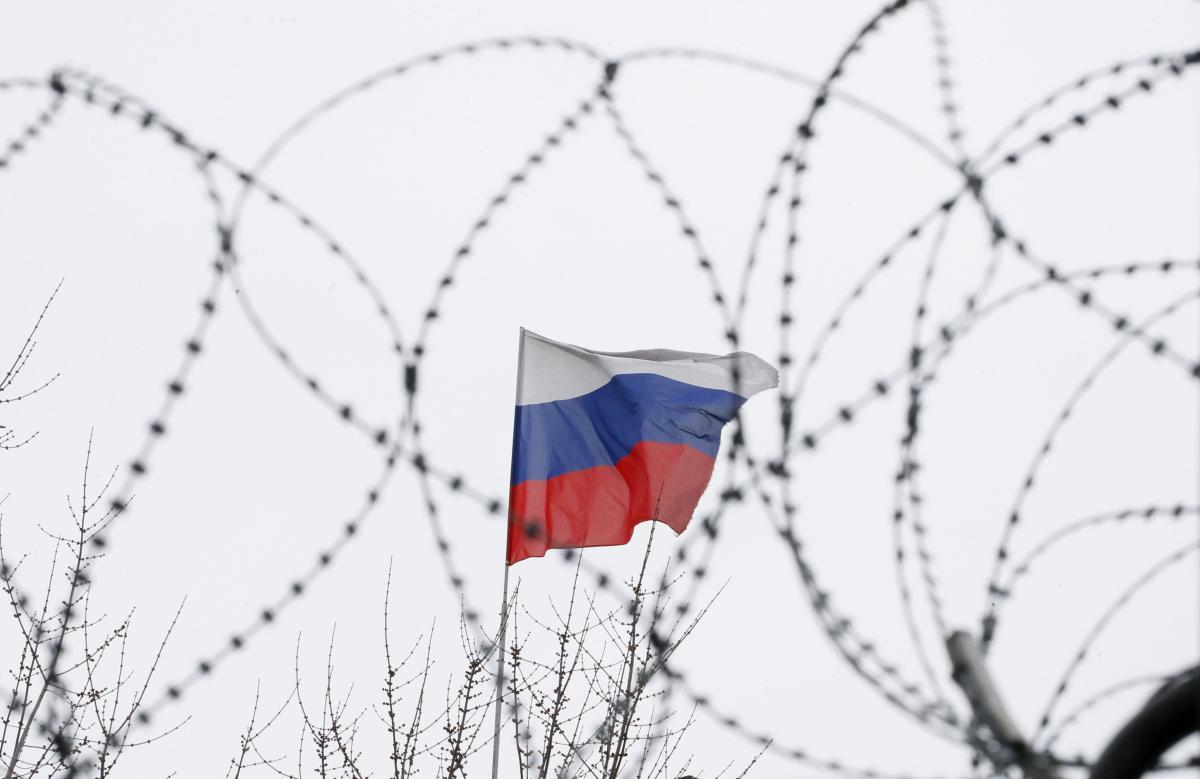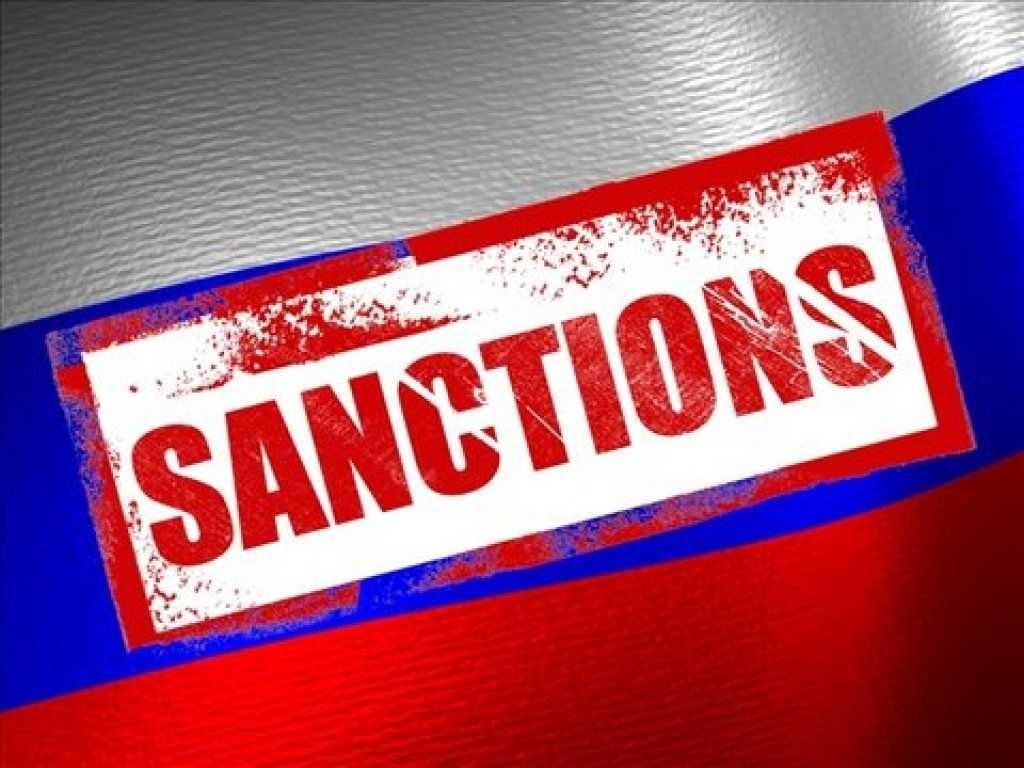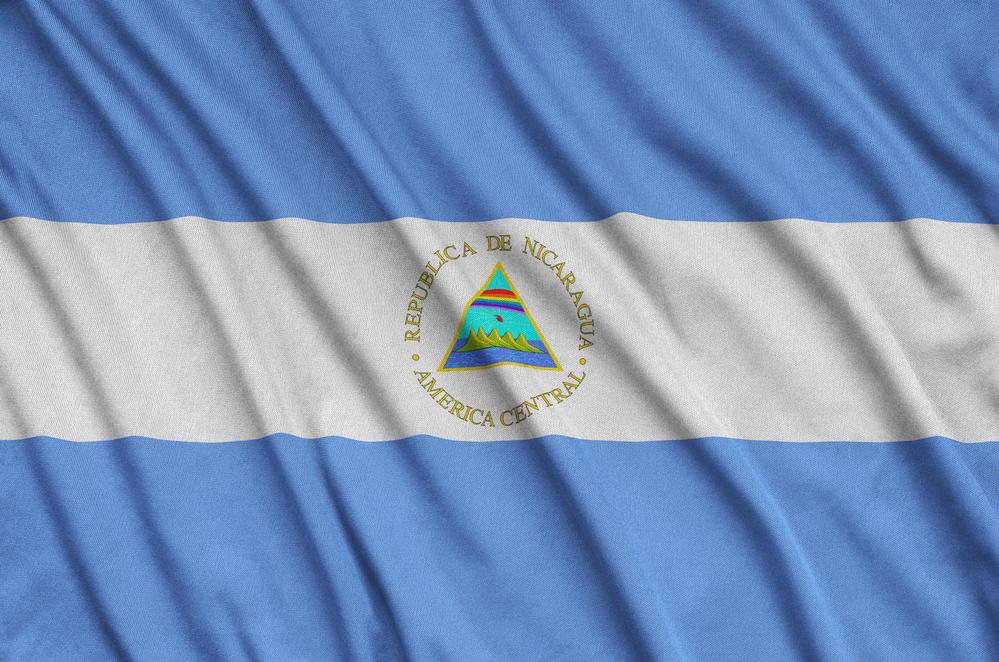
Expert on int'l law: Ukraine has imposed sanctions on over 2,000 persons and nearly 1,000 legal entities in Russia. But we have to admit that these sanctions aren't working.
UNIAN has sat down with an expert on international law Bohdan Bernatsky, who is part of the Office of Simple Solutions and Results, an NGO preparing proposals for the President, as well as members of the National Reform Council, to find out how sanctions against specific individuals differ from sectoral ones, why hasn't Ukraine yet applied the latter to Russia, and how come violators of the sanctions regime are not held to account.
Could you tell us about the sanctions being introduced by the Ukrainian government? How effective and sufficient are they in your opinion?
We need to separate these measures. We should consider separately the cases of sanctions targeting Nicaragua (the first-ever sectoral sanctions in the history of Ukraine), as well as another sanctions regime, which was introduced in 2015-2016 against Russian officials – those who commit crimes against international law and territorial integrity of Ukraine.
There were also sanctions against legal entities located in the temporarily occupied territory. Besides, separately, the latest reverberating case should be looked into: sanctions against the media assets of Taras Kozak [MP with the pro-Russian OPZZh force], and those targeting Kozak personally. All these examples are referred to as "sanctions", albeit being of varying nature.
Would you mind elaborating on them a bit more?
Sanctions against Nicaragua are fairly typical in international law. We see a case where a third country took an unfriendly step towards Ukraine – they opened an honorary consulate in Crimea. The decree on its opening was signed by the President of Nicaragua, and, despite the official appeals by the Ukrainian Foreign Ministry, the consulate keeps operating, being headed by someone who has been sentenced on criminal charges in Ukraine. This violates the fundamental principles of international law.
Ukraine's reaction has been quite proportional, but the form could be a little different. Sectoral sanctions have been imposed. There is no economic logic, however, in these actions, because we have almost no trade turnover with Nicaragua. That is, we have forbidden what doesn't physically exist. Instead, it should be understood that such actions should be punished with personal sanctions against the president's entourage, high-ranking Nicaraguan officials.
The second aspect is that we could join the EU sanctions against Nicaragua not only at the political level, but also at the legal one. The EU measures that have already been implemented are already quite thorough. It would be the right thing to join them. This would allow us demonstrating a new quality in relations with the EU, showing that we are ready to comply with the Association Agreement in full (especially in its part related to foreign policies).
And what about our sanctions targeting Russia?
Ukraine has imposed sanctions against high-ranking Russian officials, military leadership, and companies working in the defense sector. Over the past five to seven years, sanctions have been imposed on more than 2,000 persons and more than 1,000 legal entities. But we have to admit that they aren't working.
They have only a moral and political dimension. We have some papers where the names and company names are written, with which we can't do trade, business, or open accounts. The issue is that there is no responsibility for someone not complying with the law by cooperating with sanctioned entities. Anyone can run their business as usual. Maybe someone will bear some moral responsibility, but there will be no legal one. Based on this, sanctions don't work.
We can make pretty much anyone a target of sanctions – there will be no difference. There are no legal mechanisms for prosecution. And that's what I'm engaged in now. I helped draft a bill on national and international sanctions, authored by Yelizaveta Yasko (Servant of the People faction). This law allows introducing liability – financial, legal, and criminal – for such violations, as well as establishing a monitoring mechanism. We propose a single systemic reform of sanctions legislation.
What are the other issues concerning sanctions our government introduces?
We seem to be imposing sanctions, but no one monitors their observance. There is no one who would prosecute violators, either. And now the only format where we can see targets of our sanctions is checking the websites of the President of Ukraine and the National Security and Defense Council, checking the log of decisions, as well as checking for a certain entity.
Russia sanctions were a logical continuation of our policy of repelling aggression to demonstrate that Ukraine condemns the crimes of aggression, does not recognize the annexation of Crimea, and so on. In response to gross violations of international law, Ukraine has imposed personal sanctions on Russia. And here is the logical thing: given the scale of violations of international law, the scale of hostile action, Russia outplays Nicaragua in all respects. However, we never applied sectoral sanctions to Russia.

Let's move now to the other type of sanctions...
The third track is the latest case of the Ukrainian government imposing sanctions on media assets owned by or belonging to MP Taras Kozak, as well as targeting him personally. I should note a number of legal and political, as well as moral issues in this regard.
Let me remind you that, when in 1991 the Communist Party of Ukraine still existed, the Presidium of the Verkhovna Rada banned it, saying that the party violates the Constitution, plotting a coup. However, in 2001, the Constitutional Court of Ukraine ruled that the ban was unconstitutional. But the party was banned and it ceased to exist. It never took an active part in building an independent Ukraine. I think we can see a certain analogy here, although only history could tell whether this is appropriate.
Therefore, the sanctions we are talking about turned out to be only a legal mechanism for banning TV channels. I believe that the instruments of criminal law and mechanisms for revoking broadcasting licenses should have been applied, but the choice has been made. Perhaps the president's logic is that, had a criminal investigation been launched, it would have taken years to complete.
The President and the National Security and Defense Council explained that there is based on two aspects. The first is that these channels and Mr. Kozak, as their owner, received funding from entities affiliated with terrorism. The second justification is that these TV stations received funding from the aggressor state. These are two separate legal arguments, although they are allegedly related. Thus, they claim that the channels are not Ukrainian in their essence – as long as they are subordinate to or financed by the aggressor state, which has a "controlling stake".
All documented data have never been published. They are not publicly available, so we can only focus on statements and addresses. And of course, this will be challenged. For the ECHR – if the case gets there – the evidence threshold, the degree of this evidence will be very high. So the question will be, whether the National Security and Defense Council has enough evidence to hand down such a decision? If we look at this move through the prism of protection of human rights and journalism, we will see many questions. This is a unique case, and it is difficult to foresee its implications and outcome.

How effective have the sanctions been that the U.S. and EU imposed on Russia?
The German government tried to answer your question. During a press conference someone asked: "How does Germany assess the effect of Russia sanctions?" The answer was: "The government doesn't do such research." The logic is very simple here as it is almost impossible to assess the effect of a certain academic methodology. For example, a fall in GDP will tell you nothing. It won't show concrete results. So yes, this is a very complex thing.
However, sanctions are effectively restraining technological development of knowledge-intensive industries, and this can be researched. For example, let's take Nord Stream 2. The effect of sanctions is that it has not yet been completed yet. Some companies are refusing to cooperate due to a threat coming from the United States.
There is an ongoing militarization of the Russian Federation, where they are boosting their military potential. EU sanctions are imposed to hinder such efforts. Does this achieve the goal? Yes, it does. For them, this is consistent behavior, which is right. Perhaps, Ukraine would like to see more sanctions imposed on other sectors of Russian economy, but this is how the EU decided.
For Ukraine, sanctions are a new thing, which started only in 2014. Prior to that, sanctions were almost never imposed against a third country. However, the EU and the U.S. have a very long history of introducing sanctions. The EU began to actively develop its sanctions policy some 10 to 15 years ago. The goal is to adhere to their foreign policy goals: countering terrorism, protecting human rights, democracy, rule of law, and countering those who take unfriendly steps towards the Bloc.
There are clear criteria, tools, and mechanisms for implementing EU sanctions. Member states implement these EU decisions directly. For example, Austria shall not supply weapons to certain sanctioned governments, and neither shall they invest or lend to banks operating in Crimea. If someone violates these rules, this will bring serious implications. The fines are rather hefty – they can reach several million euros. A record fine of EUR 20 million was issued in the United Kingdom. There is also criminal liability – from five to 10 years in prison. And yes, mass media covered such cases earlier.
Sanctions are not always imposed with the intention of achieving a concrete result. Let's look at sanctions against high-ranking Venezuelan officials whose assets have been frozen, and so on. Sanctions were imposed because of rights violations, democratic principles, election standards, etc. Are human rights respected in Venezuela today? They certainly aren't. This is a very long process. Sanctions are sometimes used as a tool to demonstrate an international stance, to show that a particular country or bloc doesn't agree with a certain behavior of third countries. This lays the bricks in the foundation of international law.
Vlad Abramov


